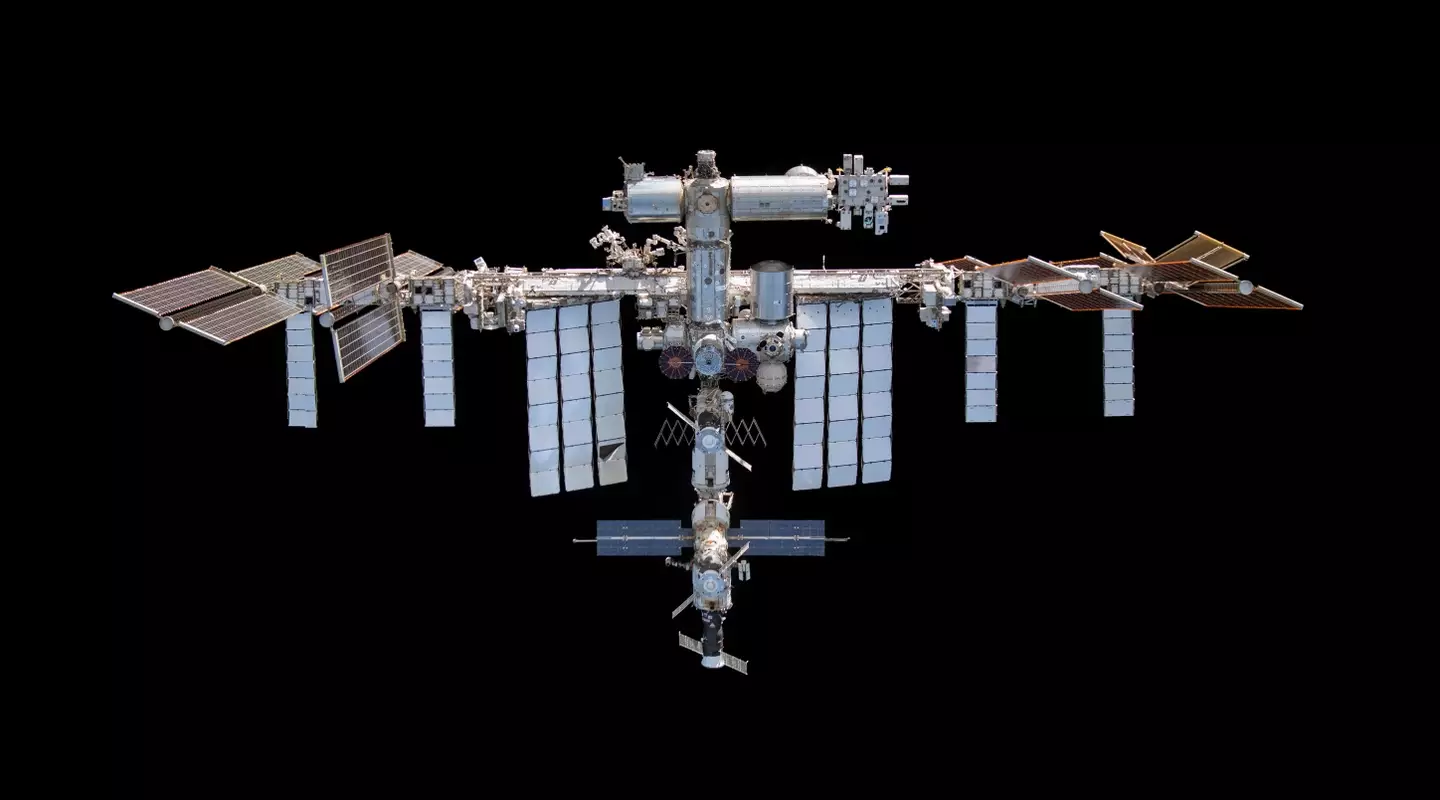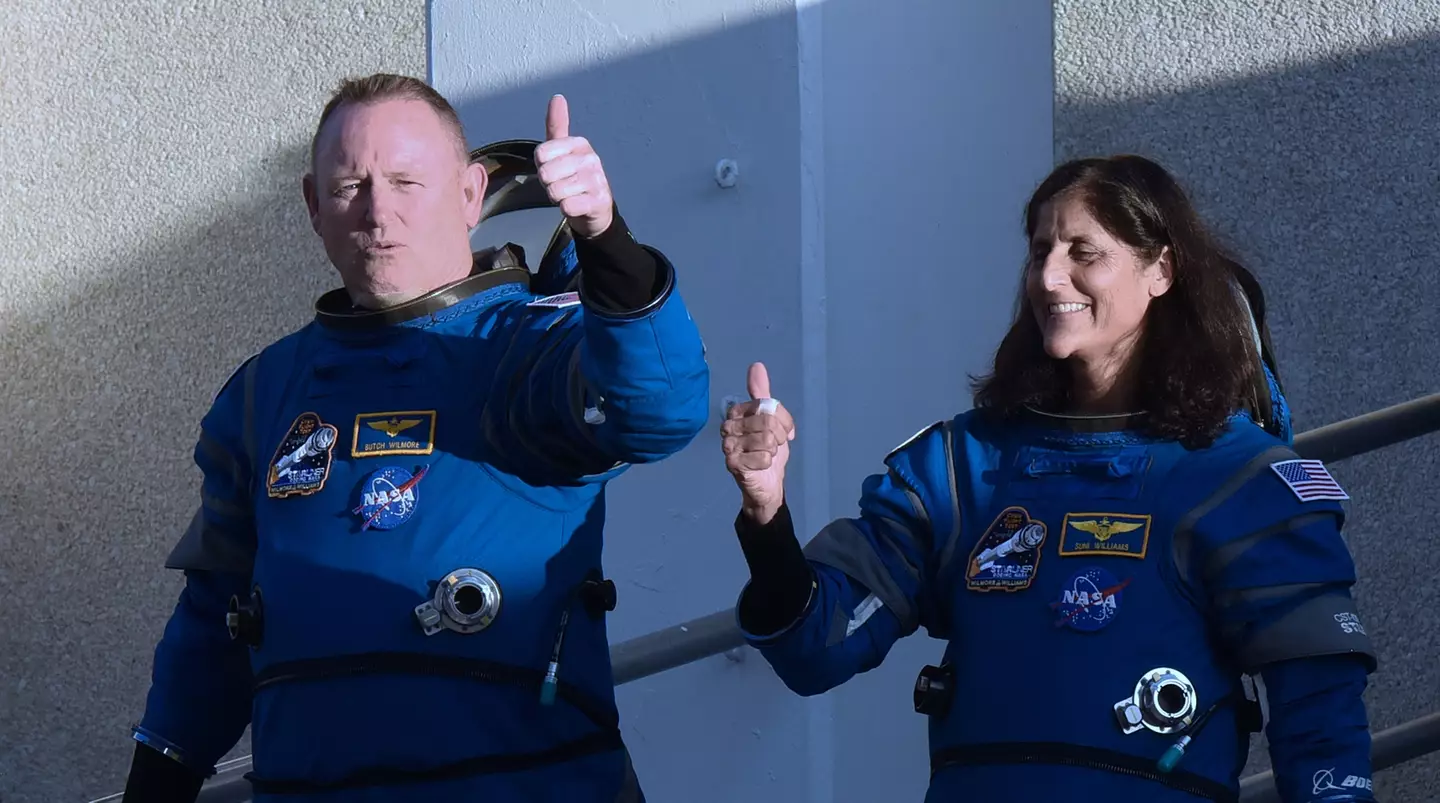
Scientists have discovered a mutated superbug that is resistant to antibiotics living within the confines of the International Space Station (ISS).
The ISS, launched in November 1998, is currently playing host to Enterobacter bugandensis - a highly pathogenic species of the genus Enterobacter.
A new study claims that over the last two years, scientists have isolated 13 strains of the bug’s Earth counterpart from various locations onboard the ISS.
Advert
Over the last two years, researchers have ‘carried out a comprehensive study to understand the genomic intricacies of ISS-derived E. bugandensis in comparison to terrestrial strains’.
During this period of isolation, the team behind the study were able to observe how the bacterium spread over time and how it adapted and prevailed.
As per the New York Post, tests offered various habitats for the bug to live in including microgravity, areas with elevated carbon dioxide levels, and radiation.
Following the period of observation, it’s been discovered that Enterobacter bugandensis is wholly distinct from its Earth equivalent and is infectious through the respiratory system.
Moreover, findings reveal that the bugs can mutate when under stress and that they are able to ‘viably persist in the ISS over time’.
Enterobacter bugandensis can also co-exist with multiple other microorganisms, as per Nasa.
The research - spearheaded by Dr Kasthuri Venkateswaran of NASA's Jet Propulsion Laboratory, Pasadena, California - claims that understanding the microbial landscape aboard the ISS is important for assessing astronaut well-being.

Speaking about the study, Dr Venkateswaran said: “Our research uncovers how certain benign microorganisms help to adapt and survive opportunistic human pathogen, E. bugandensis, in the unfavourable conditions of the International Space Station.
“The knowledge gained from this study would shed light on microbial behaviour, adaptation, and evolution in extreme, isolated environments that allow in designing novel countermeasure strategies to eradicate opportunistic pathogens, thus protecting the health of astronauts.”
Scientists have concluded that there needs to be more ‘robust preventative measures’ put in place to protect the health of astronauts.
According to Nasa, the ISS has been continuously occupied since November 2000 and an international crew of seven people live and work onboard.
Earlier this month, Sunita Williams and her crewmate Barry Eugene ‘Butch’ Wilmore reached the space station on board the new Boeing Starliner spacecraft.

The pair will be testing the new spacecraft in the low earth orbiting laboratory before returning to Earth on June 14.
After she and Butch docked on ISS, Williams took to X, formerly known as Twitter, and wrote: Best week ever! So happy to be back in space and on @Space_Station (ISS).
“The ride was amazing, and being here with friends is just awesome. Incredible to see three different human-rated spacecraft docked to the ISS. Great to be part of all that!”
